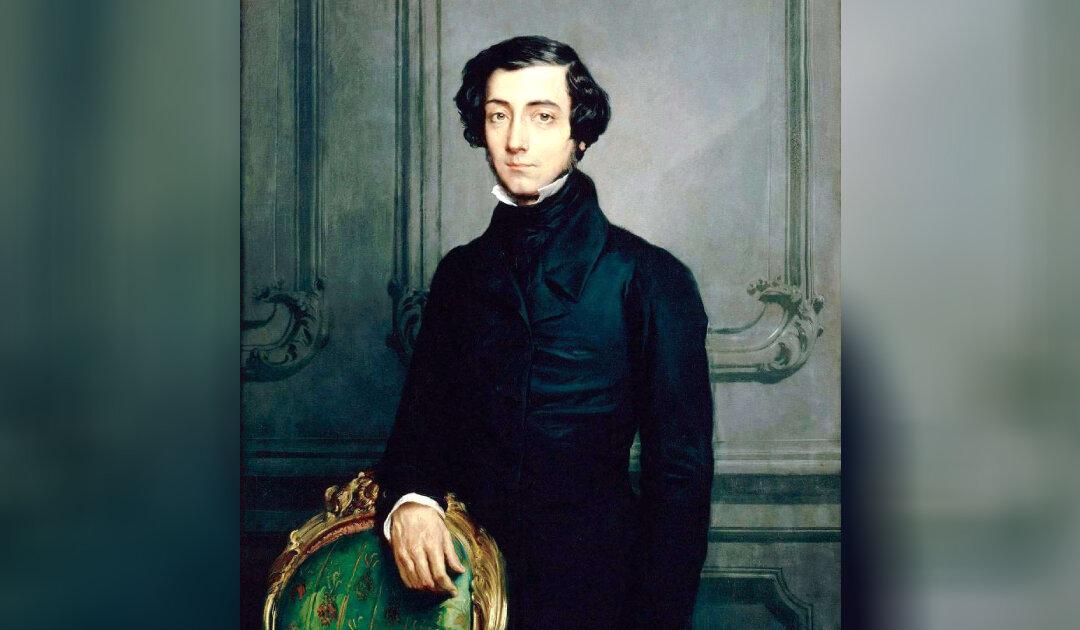Commentary
Buried deep in his magisterial second volume of “Democracy in America” (1840), Alexis de Tocqueville (1805–1859) makes the startling observation that governments carry within themselves the seed of their own destruction.

Buried deep in his magisterial second volume of “Democracy in America” (1840), Alexis de Tocqueville (1805–1859) makes the startling observation that governments carry within themselves the seed of their own destruction.